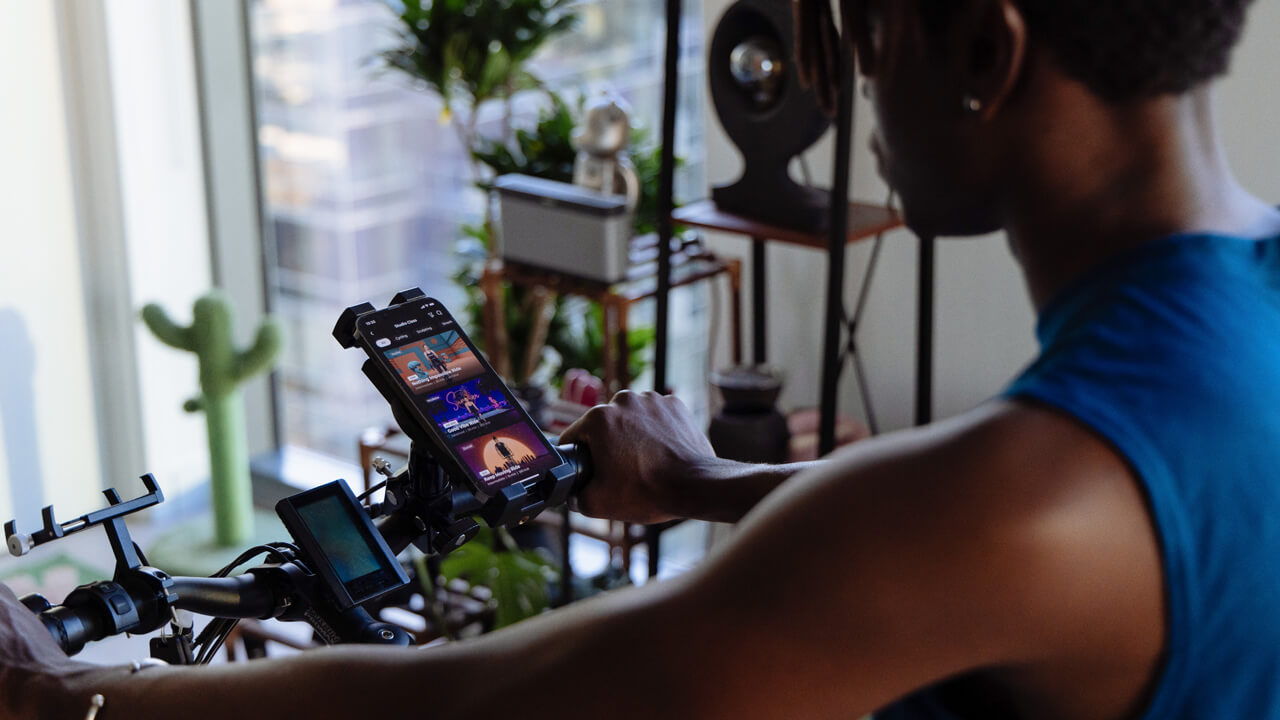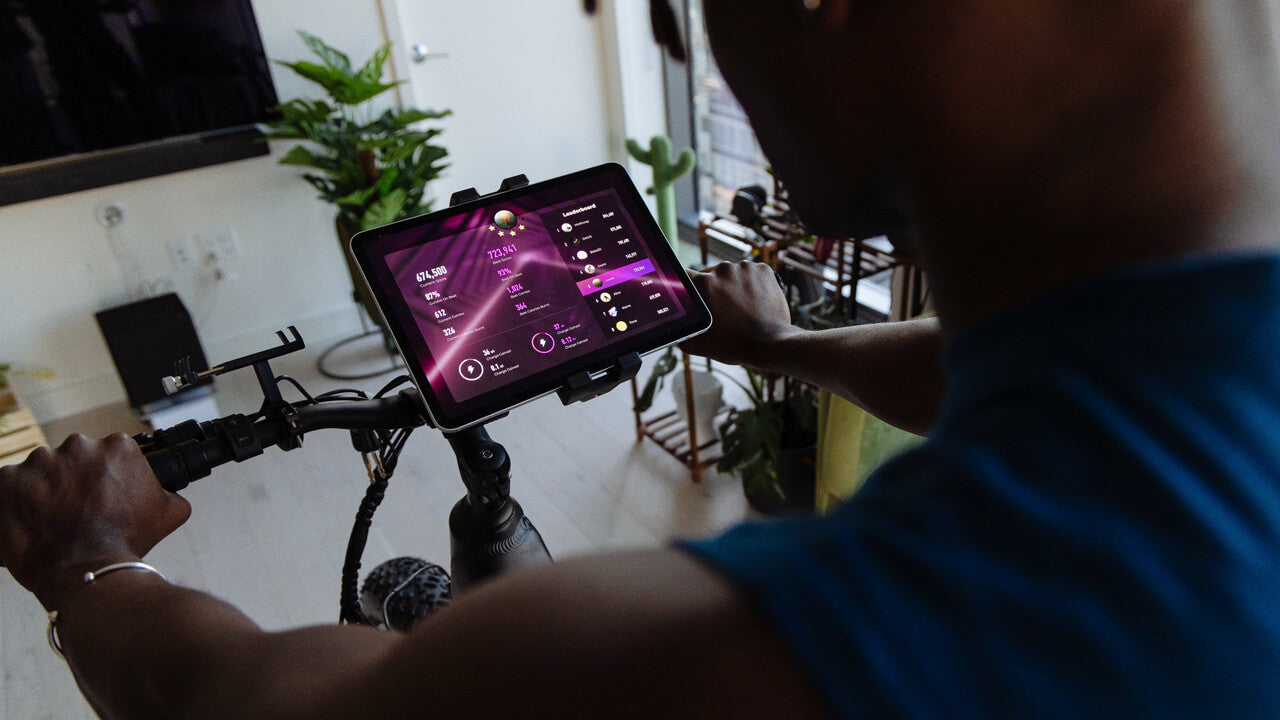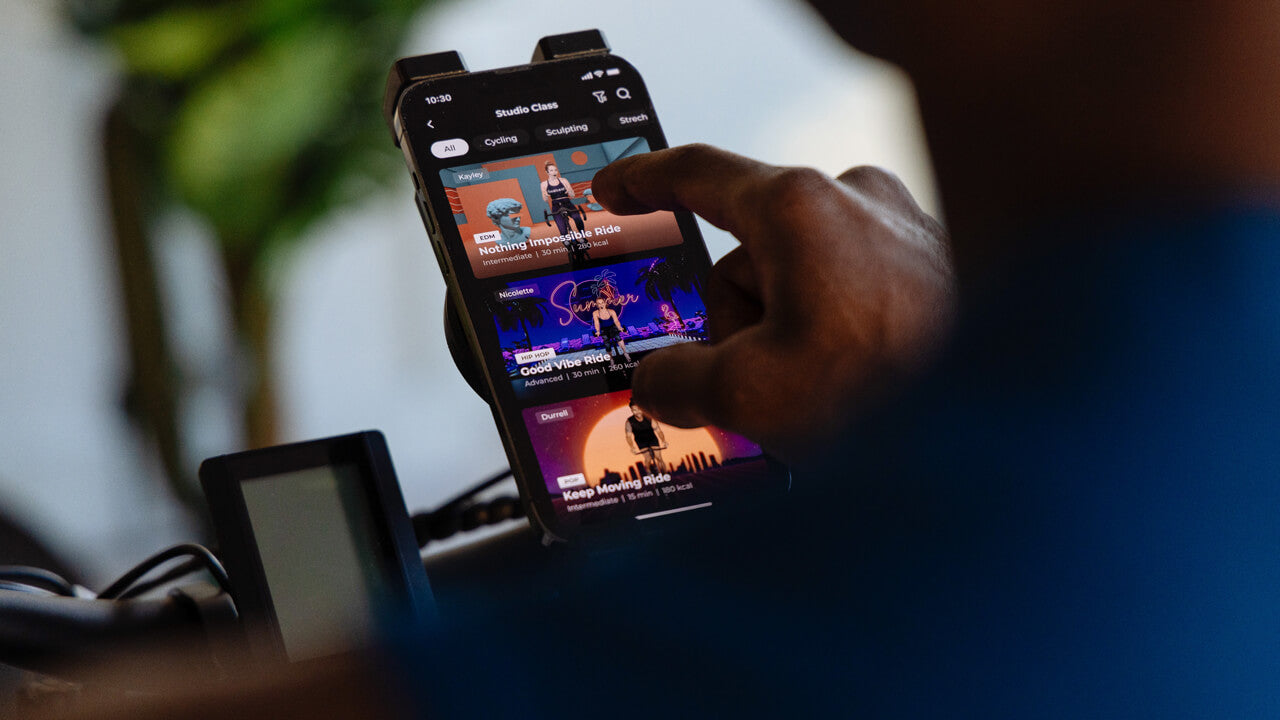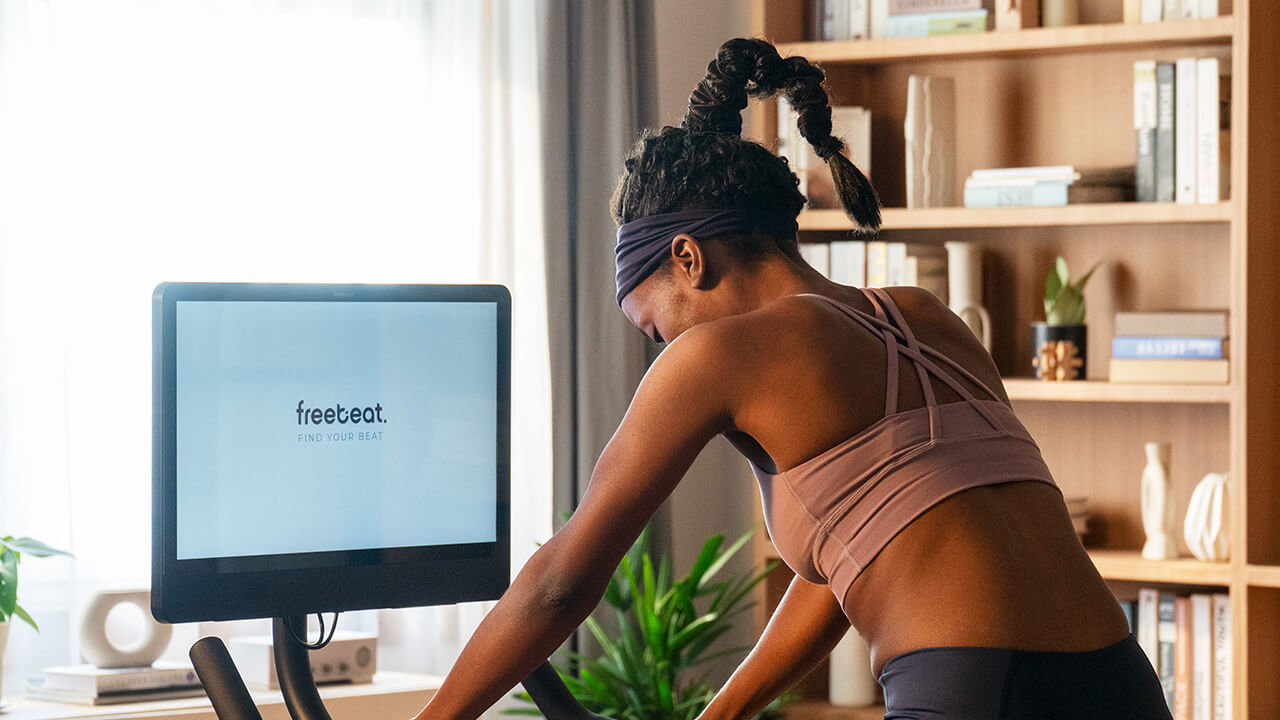AI Coaching vs. Human Trainer: Which Offers Better Fitness Results?
The rise of AI coaching in the fitness space, a key part of the ongoing digital transformation, has created ripples of excitement and skepticism among health enthusiasts. In an age where technology shapes everyday life, the fitness industry's adaptation to these changes is critical. Dissecting the actual advantages—and potential detriments—of AI coaching alongside human trainers is more essential than ever, impacting our health, routines, and crucially, our results.
The Emergence of AI in Fitness
Just a decade or so ago, the idea of a mobile app or a piece of equipment functioning as your personal fitness coach seemed futuristic, something straight out of a sci-fi novel. Fast forward to today, and there's an app for every aspect of your workout, from tracking your steps to guiding you in detailed nutrition planning. The fitness arena has been significantly transformed by AI technology, which now has the capability to personalize workouts, adapt to user data, and even predict user behavior to an extent.
These AI-powered fitness apps like freebeat app and devices are particularly appealing because they make working out convenient, negating many of the typical deterrents such as time, location, and cost that are often associated with human trainers. For example, whether you're into strength training, running, or even indoor cycling, there's a good chance an AI advisor can tailor a workout to suit your needs, right in the comfort of your home.

Pros and Cons of AI Coaching in Fitness
The Pros
AI coaching significantly enhances the fitness experience with its unparalleled customization capabilities. It intelligently adjusts your workouts in real-time, considering variables such as heart rate, physical form, and mood to tailor sessions that optimize your performance while minimizing risks like injury or overexertion. The continuous adaptation ensures that your fitness plan evolves with you, meeting your increasing capabilities or changing needs without plateauing.
Moreover, the technology's relentless consistency—unaffected by fatigue or mood swings—ensures a reliable training partner that's always ready and efficient. This aspect is particularly crucial as it means your training doesn't suffer due to the natural human limitations of a personal trainer, who may have off days or might not fully remember your entire workout history. AI systems also facilitate a more detailed tracking of your progress, analyzing vast amounts of data to provide insights that can fine-tune your fitness regime even further. This data-driven approach can reveal patterns and results that might go unnoticed by human observation, offering a deeper understanding of what works best for your body.
Additionally, AI fitness solutions often integrate with other smart health devices, creating a holistic health management ecosystem that can further enhance your lifestyle. This integration helps in managing overall health and wellness, proving that AI coaching can be an essential component of modern fitness strategies.

The Cons
While AI coaching undoubtedly has its advantages, it also has its limitations. One of the main downsides is the lack of human interaction. For some people, this can make the workout experience less enjoyable and less motivating. Human trainers offer personalized attention that cannot be replicated by an app or a device, creating a more social and supportive environment. Additionally, AI may not be able to spot and correct form errors or provide alternative exercises if certain movements are too challenging for the user.
What About Human Trainers?
There's no denying that human trainers have been guiding people towards their fitness goals for decades, and it's a tried-and-tested method that has yielded excellent results. A human trainer can tailor workouts based on a client’s specific needs, provide real-time feedback and motivation, and adapt the routine as needed. Plus, the human connection can be a significant motivating factor in sticking to a fitness regimen.
However, human trainers also come with their limitations. They often require an investment of time and money that may not be feasible for everyone. Additionally, finding a compatible trainer who understands your specific goals and needs can also be a challenge. And let's not forget that human trainers are not immune to biases, leading to potential limitations in their approach and advice.

AI in Fitness: Real-World Applications
To understand the difference AI coaching can make in fitness, it's important to explore a few examples. Take the case of strength training—AI-powered equipment can count your reps, ensure your form is correct, and push you to your limit, all without the need for a spotter. AI streaming platforms adapt your running experience to different landscapes, adding hills or sprints according to your metrics. Additionally, AI can provide real-time feedback and adjust workouts instantly based on your performance in each session, enhancing both efficiency and safety.
On the other hand, human trainers offer a variety of workout styles that an AI might not replicate completely. From circuit training to complex dance workouts, a personal trainer brings creativity and personal interaction that keeps workouts fresh and engaging. They can also provide emotional support and motivation, which are crucial for long-term engagement and success in any fitness program. This human element can make a significant difference, especially for those who thrive on social interaction and personalized encouragement.
The Future of Fitness: AI, Humans, or Both?
The future of fitness might not necessarily be a binary one – AI or human. Instead, it's likely to be a blend, with each complementing the other. AI is poised to become the data-driven backbone of personal training, handling the nitty-gritty of progress tracking, workout planning, and physiotherapy. Whereas, human trainers will continue to excel in emotional intelligence, one-on-one consultation, and the development of new and innovative exercise routines.

For instance, a hybrid approach could see individuals working out mostly with AI and seeking a personal trainer for periodic check-ins or for specific needs. Meanwhile, for those fitness enthusiasts who relish in the social and motivational aspects of human training, an AI might be a way to supplement rather than replace.
Choosing the Right Path for Your Fitness Journey
Deciding between AI coaching and human training boils down to what you value most in your fitness routine. If you seek convenience and data-oriented precision, AI coaching might be your answer. On the other hand, if you crave a more nuanced and interactive experience that builds on human connection, a personal trainer would likely be your best bet. Ultimately, finding a balance that supports your fitness goals is crucial. Whether it’s through AI, human trainers, or a combination of both, the most important thing is to keep moving towards a healthier and happier self.
To explore this, why not trial both? Set a duration for each – perhaps a month of AI coaching followed by a month of human training. Monitor your progress, your feelings about the routine, and most importantly, your enjoyment. To delve into the potential of AI in your fitness routine, consider starting with the freebeat Exercise Bike. This state-of-the-art equipment marries cutting-edge technology with the comfort of home workouts. It features a revolutionary AI coach that provides real-time coaching and tailored support to help you exceed your limits. The bike offers a range of options, including scenic rides, gamified studio classes, and strength sessions. With over 1000 classes and daily updates, the Freebeat Exercise Bike ensures your workouts remain fresh and engaging. Join a community of motivated individuals and pedal towards a healthier, happier you.

Integrating AI and personalized equipment into your home gym setup extends beyond convenience; it transforms your fitness routine with precision technology. This approach uses AI to tailor workouts specifically to your fitness level and goals, adapting as you progress. By including equipment like AI-enabled exercise bikes or smart weight systems, you create a gym space that not only mimics the professionalism and functionality of a commercial gym but also offers the comfort and privacy of your home. This personalized setup allows for a more effective and engaging workout experience, making it easier to maintain consistency and achieve your fitness objectives.
In conclusion, the interaction between AI coaching and human trainers is not about complete replacement, but about integration and synergy. When used appropriately, fitness technology can enhance the exercise experience, opening doors to new possibilities. Understanding how we can leverage both for our individual fitness goals is the true victory.
















